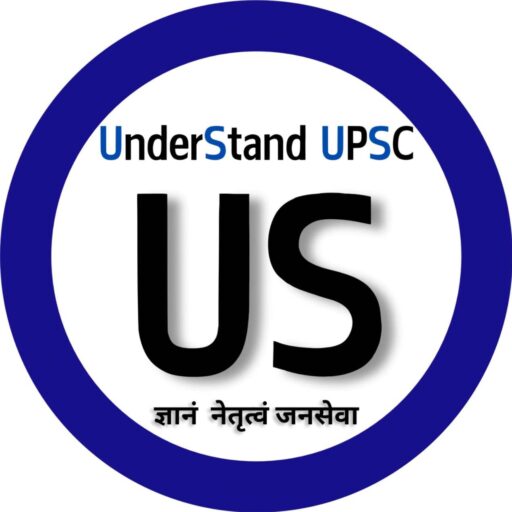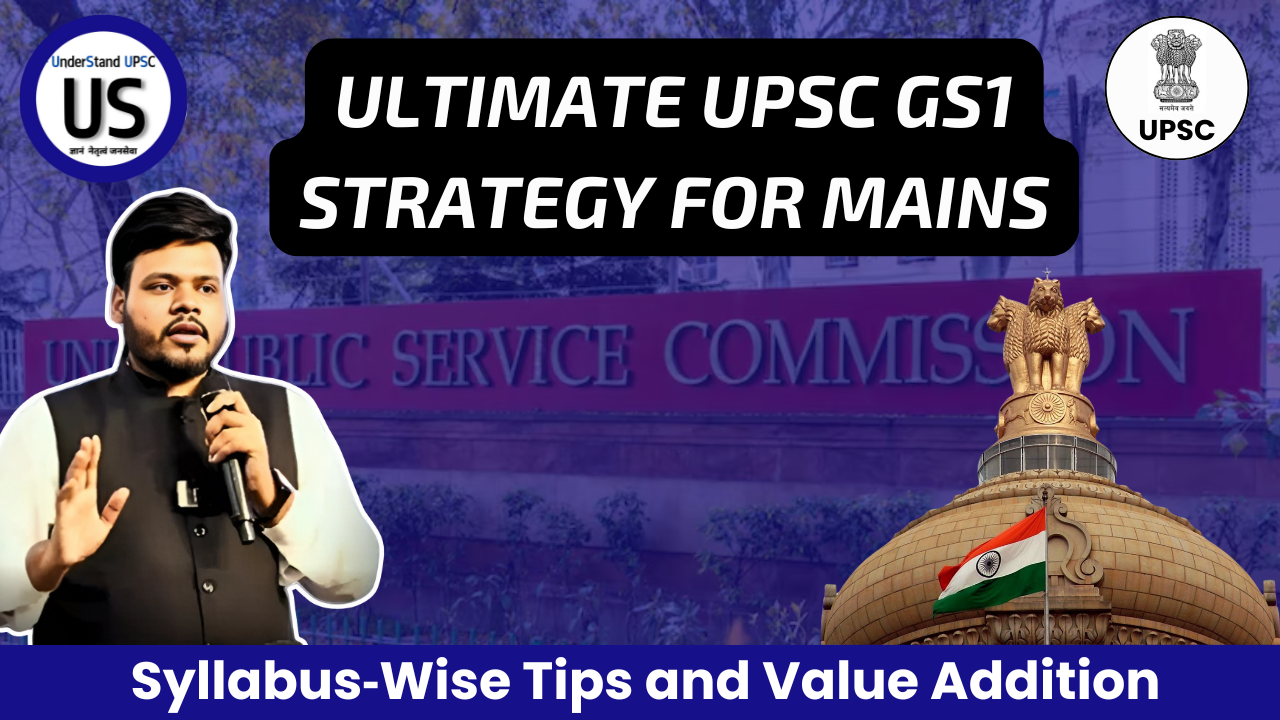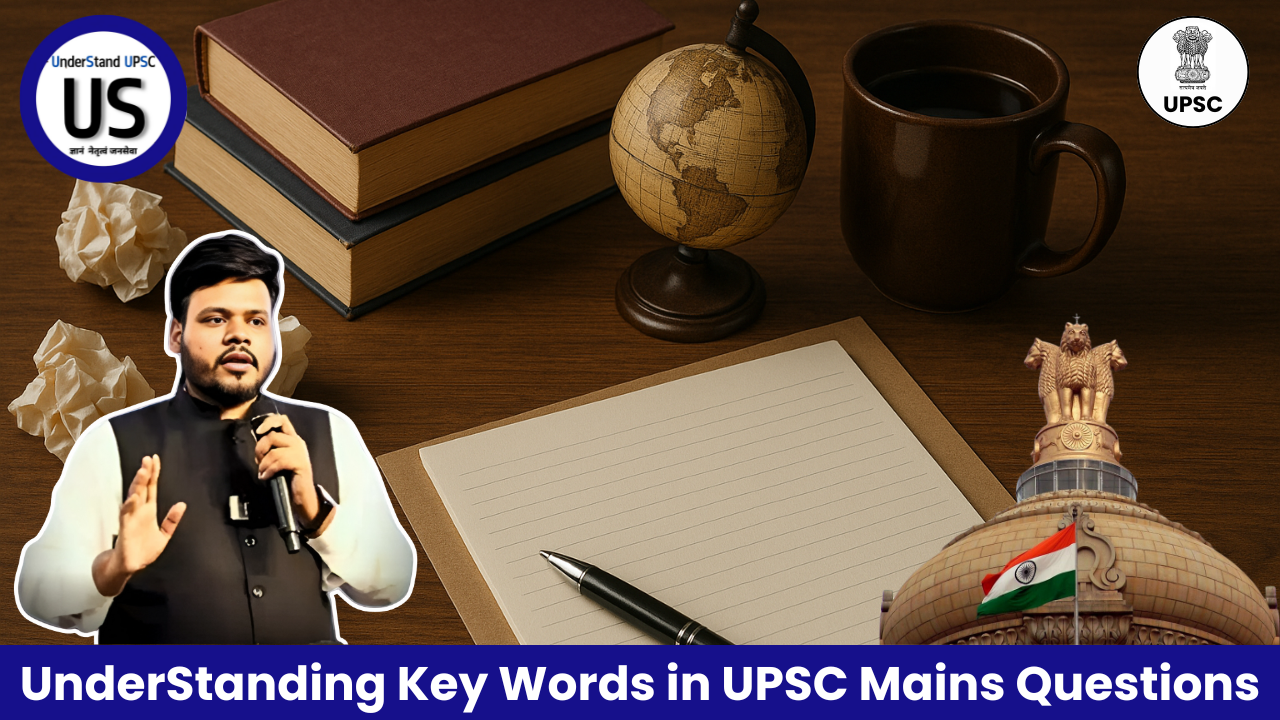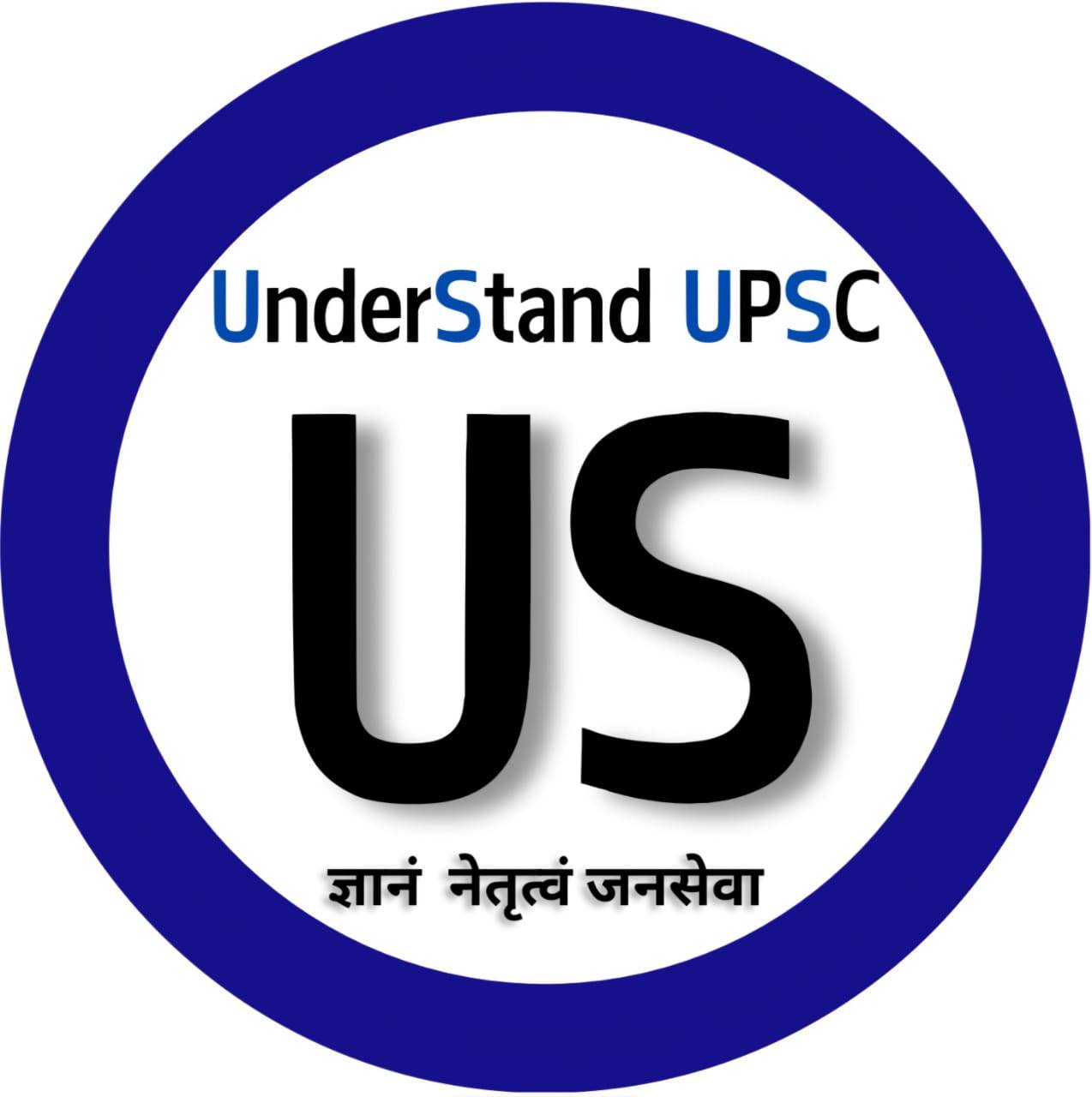
UPSC Answer Writing Guide is your gateway to cracking the UPSC Mains. Answer writing is the soul of the Mains examination. You may know everything from Plato to PIB, but unless you can structure your thoughts in 150–250 words clearly and effectively, your knowledge won’t turn into marks.
This is the most comprehensive UPSC answer writing guide, covering structure, content enrichment, time management, strategy, and examples. Whether you’re a beginner or a seasoned aspirant, this guide will help you level up your Mains game.
Why UPSC Answer Writing Matters for Mains Success
Unlike Prelims, which test recognition, Mains tests expression. You must:
- Show conceptual clarity
- Demonstrate awareness of current issues
- Offer balanced analysis and solutions
- Write clearly and concisely within time
Toppers are made not just by reading more, but by writing better.

What Makes a Great Answer in the UPSC Answer Writing Guide?
Aspirants often ask, “What does a good answer look like in UPSC Mains?” While model answers and toppers’ copies offer inspiration, understanding the core components of a quality answer is what truly makes a difference. Let’s decode what makes an answer not just good, but great.
- Directly Addresses the Question’s Demand
Many aspirants beat around the bush or write what they know rather than what is asked. A good answer is laser-focused. Break down the question into parts, especially in multi-statement questions. Identify directive words like critically examine, evaluate, or discuss and shape your answer accordingly. Avoid digressions—even one paragraph of irrelevant content can cost marks. For example, for the question “Examine the role of pressure groups in Indian democracy,” don’t just define them. Also explain how they shape policies, cite examples like farmers’ unions or FICCI, and evaluate their positive and negative roles
- Structured Presentation with Clear Flow
A good answer is not a brain dump—it’s organized thinking on paper. Begin with a sharp introduction by defining, contextualizing, or providing a fact. Divide the body logically into subheadings or bullet points. Use flowcharts, timelines, or maps where relevant. End with a balanced conclusion or futuristic outlook. Structure reflects clarity of thought. If your answer has a natural progression from problem to solution, the examiner finds it easier to award marks. - Balanced Content – Depth and Breadth
A good answer explores multiple dimensions of an issue while maintaining depth in each point. Cover political, social, economic, legal, and ethical angles as applicable. Maintain depth by explaining each point rather than just listing them. Use micro-examples and facts without making the answer too data-heavy. For example, in a GS2 question on health policy, mention the role of the Centre, states, judiciary, civil society, and even global commitments like SDG 3. - Value-Added with Relevant Examples and Evidence
Toppers score higher not because they write more, but because they write better—with quality enrichment. Use Constitutional Articles, Supreme Court judgments, and committee recommendations in GS2. Refer to data from the Economic Survey, NITI Aayog, NFHS, etc. Cite case studies, schemes, or successful models like Delhi’s Mohalla Clinics or Aspirational Districts. Use facts only where they enhance credibility. Random stat dumps can dilute your core arguments. - Original Thought and Analytical Depth
UPSC doesn’t expect academic brilliance; it values practical thinking and mature analysis. Avoid textbook repetition. Offer insights, inter-linkages, and pragmatic suggestions. Provide a balanced view—acknowledge challenges but propose reforms. In GS4 or open-ended GS2/GS3 questions, add ethical, behavioral, or socio-cultural insights to stand out. For instance, in a question on rising urban floods, you can link it to governance failure, ecological imbalance, and unsustainable development all in one frame. - Clarity of Expression and Simplicity of Language
Examiners read hundreds of papers. A good answer is one that’s easy to read and hard to forget. Use simple, lucid English. Avoid jargon unless necessary. Ensure short sentences and logical flow between ideas. Underline key phrases to highlight core arguments. Avoid using unnecessarily complex phrases like “The interstitial ramifications of policy-induced economic externalities.” Instead, say “Government policies sometimes create unintended economic consequences.” - Conclusion That Adds Value
A good conclusion doesn’t just repeat the body—it elevates it. Offer a solution, reform path, or way forward. Reference Vision 2047, Atmanirbhar Bharat, or SDGs. Stay optimistic yet realistic. For example, say “With robust institutions, cooperative federalism, and citizen engagement, India can ensure more inclusive governance.”
A good UPSC Mains answer is like a well-argued editorial: balanced, factual, structured, and impactful. It speaks the language of a future policymaker, not just a student. So the next time you pick up your pen, ask yourself: Did I answer what was asked? Did I add structure, examples, and insights? Would I be impressed reading this if I were the examiner? If yes—you’re already writing like a topper.
Common Mistakes in UPSC Answer Writing Guide You Must Avoid
- Ignoring the Directive Word: Many aspirants write what they know instead of what is asked. Misinterpreting ‘Analyse’ or ‘Evaluate’ as ‘Discuss’ leads to deviation and poor marks.
- Overloading Content Without Structure: Dumping too much information without coherence makes your answer unreadable. Structure is as important as substance.
- Lack of Examples or Evidence: Generic statements without data, case studies, or constitutional/legal references fail to make an impression on the examiner.
- Poor Time Management: Spending too much time on the first few answers leaves less time for the rest. This leads to unattempted or rushed answers.
- No Introduction or Weak Conclusion: Starting abruptly or ending without summarising the core argument weakens the impact of your answer.
Actionable Tips from the UPSC Answer Writing Guide for Mains
- Begin with Daily Practice: Start with 3–4 answers daily from previous years’ questions or standard test series. Focus first on quality, then move to speed.
- Simulate Exam Conditions Weekly: Use Sundays for full-length paper simulation. Write 20 questions in 3 hours to train your stamina and mental agility.
- Use Simple Language with Precision: Avoid flowery or complicated vocabulary. UPSC appreciates clarity and crispness in expression.
- Refer to Topper Copies for Structure: Notice how toppers start with a sharp intro, logically order their points, and integrate data/schemes without clutter.
- Revise and Review: Don’t just write—re-read your own answers weekly. Ask: Did I meet the demand? Was it structured well? Could I improve an example or link better to the conclusion?
Answer writing isn’t about being perfect from day one. It’s about starting, getting feedback, and improving with each paper. The key is to balance speed, structure, and substance.
Think like a bureaucrat, write like a problem-solver.
Make every answer count—because in Mains, every word counts.






